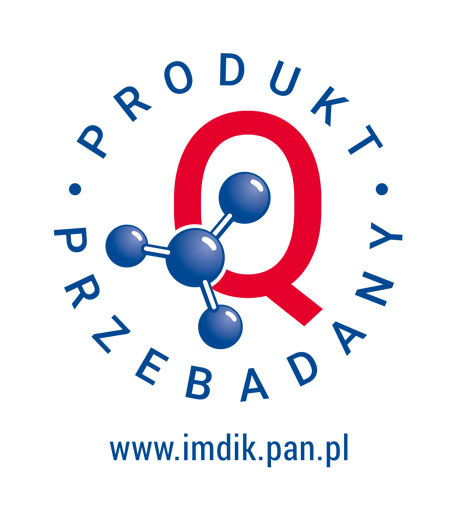NK cells are being increasingly used in adoptive cell therapies for cancer treatment. They comprise 5-15% of blood lymphocytes and are characterized by a unique ability to spontaneously recognize and kill cancer cells. NK cells are involved in the antibacterial and antiviral immune response and in the process of immune surveillance of tumors. The advantage of NK cell therapy over T cell therapy is the fact that there is no risk of developing graft-versus-host disease (GvHD) and that there is no need for HLA matching between donor and the recipient. Moreover, the recognition of cancer cells based on the integration of multiple signals and surface molecules reduces the risk of tumor escape from NK cell-dependent control. Another undoubted advantage of NK cells is their unique ability to preferentially recognize and become cytotoxic against cancer stem cells, which cause relapse and resistance to clinically used chemotherapies. Clinical trials using NK cells for the treatment of malignant neoplasms have shown a good safety profile, a low number of side effects and efficacy, especially in the treatment of acute myeloid leukemia (AML), but remain ineffective in the treatment of solid tumors, which are responsible for over 90% of cancer-related deaths.
The therapy of these most common cancers is in the greatest demand for new and effective forms of treatment. The mortality rate of lung, breast and colon cancer patients exceeds that of all known hematological malignancies. One of the reasons for the failure of adoptive therapies as treatment for solid tumors is the lack of migration of transfused cells into the area of the tumor. It has been proven that appropriate targeting of immune system cells increases lymphocytic infiltration more than 10 times, which improves the prognosis of patients by intensifying the anti-tumor response.






